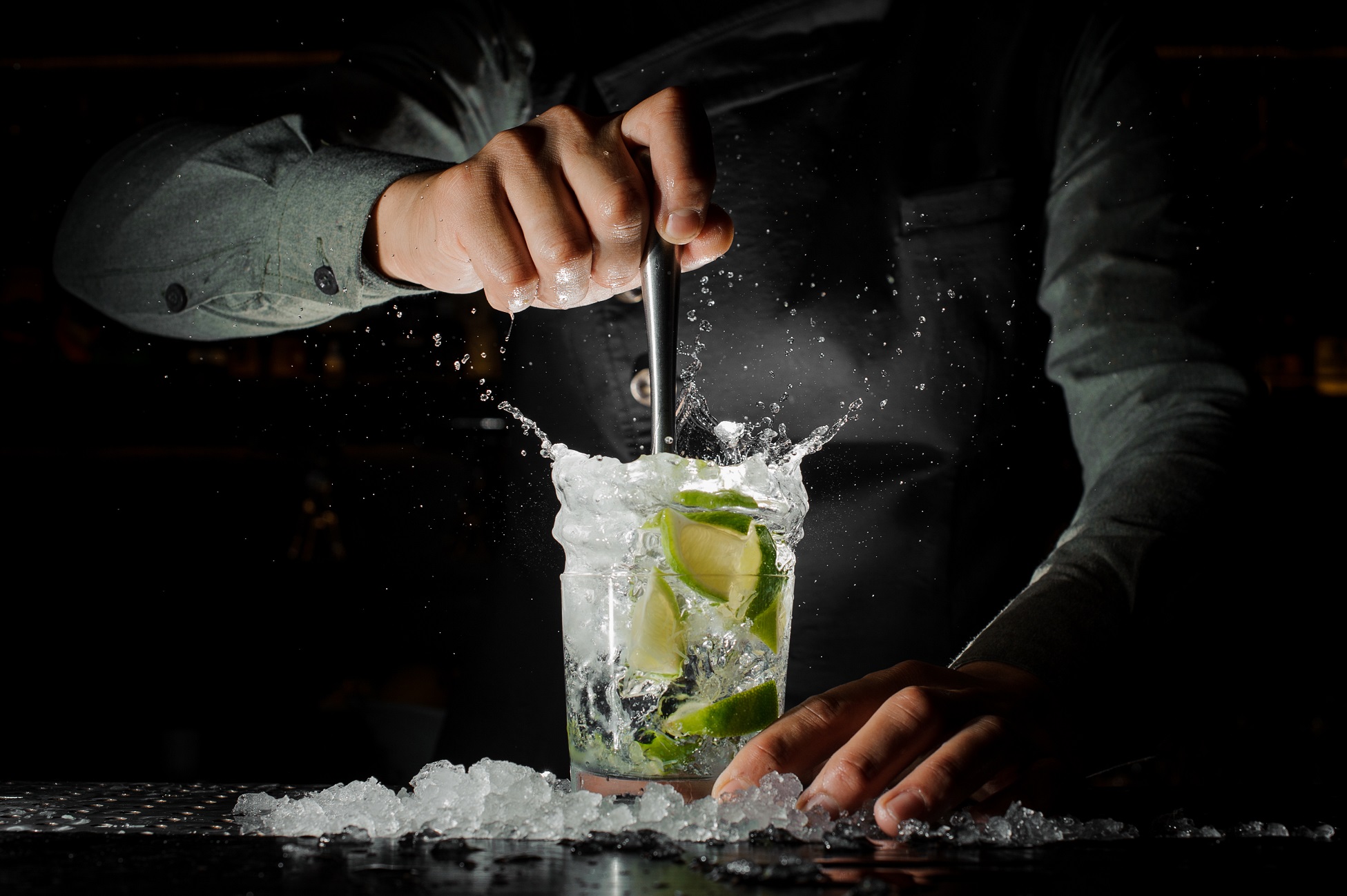How to Make a Cocktail at Home

How to Make a Cocktail at Home
Making cocktails is a fantastic skill that can be used in a range of settings. Possessing a knowledge of cocktail preparation can be a vital element to add to a resume when applying for hospitality positions. Hospitality venues often expect potential staff to possess cocktail mixing skills before being hired. Making cocktails at home is a great way to learn new mixes and hone your skills!
The Basics
Richard Hands is the manager of Sir Johns Bar at Monash University and an expert in creating cocktails. According to Richard, the most important part to making any cocktail is ensuring you have the right ingredients.
“Equipment isn’t that important but the best ingredients and how to use them is very important,” he said.
“It depends on the person’s palette as to how much they should be spending.
“As a rule of thumb, begin with inexpensive ingredients and play around until you start to notice the different flavours and textures you’re getting.
“Most equipment can be bought from liquor shops for not very much either.”
The most common pieces of equipment you’ll need when starting off are a cocktail jigger and cocktail shaker. A jigger can be used to measure liquids quickly and accurately, while a shaker can be used to shake and mix ingredients without spills.
Many cocktails can also simply be made by mixing and stirring ingredients in a glass.
Richard’s Personal Favourite
When making cocktails at home, Richard said his personal favourite is an Old Fashioned.
“[The Old Fashioned] is a double shot of bourbon, a sugar cube, a couple dashes of Angostura Bitters and an orange peel to finish,” he said.
“Put all the ingredients in a rocks glass with a couple of cubes of ice and stir for about 30-40 revolutions.
“Top it with more ice and then squeeze an orange peel over the top.
“Delicious and dangerous!”
How to Learn More
MSA Training and Professional Development offers a two-day Bartending and Cocktails course which teaches the basics of bar duties, including cocktail mixing.
Other essential skills including beer and wine pouring, carrying trays/glasses and dealing with customers are also taught.
MSA Training and Professional Development also offers courses for RSA, food safety, professional waiting skills, and barista essentials.
Alternatively, all these courses can be completed together in a six-day intensive hospitality bundle, fully preparing you for work in the hospitality industry.